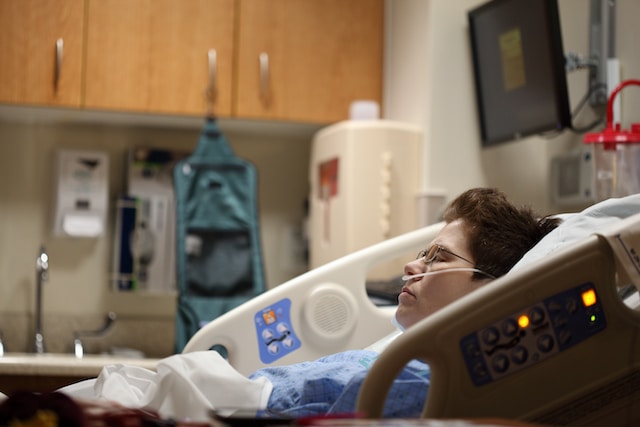Researchers from Amsterdam University Medical Center (UMC) and Vrije Universiteit Amsterdam (VU) have identified the source of persistent fatigue in long COVID-19 patients. According to a recent study, the issue is linked to decreased energy production in the mitochondria of muscles, the microscopic batteries within human cells.
Decreased energy production in COVID patients responsible for fatigue
According to Michèle van Vugt, a professor of internal medicine at Amsterdam UMC, there are evident alterations in the muscles of the patients under study.
The study included 25 individuals with long COVID and 21 healthy participants. A 15-minute cycling test was administered, causing post-exertional malaise (PEM) in long COVID patients, manifested by severe fatigue after cognitive, emotional, or physical exertion.
The research team examined blood and muscle tissue in long COVID patients before and after a cycling test. They discovered that mitochondria, the cell’s energy factories, operated less efficiently in these patients, resulting in reduced energy production. This biological cause of fatigue has implications for potential treatments for long COVID. The findings challenge the theory of lingering coronavirus particles in the body.
Vugt explained that the fatigue experienced is biological because muscles require energy to move and the brain needs energy to think. The groundbreaking study findings can help researches in the journey of developing an appropriate treatment for long-COVID patients.
Fatigue in long COVID patients unrelated to organs
The current assessment by Rob Wüst, an assistant professor in the Department of Human Movement Sciences at VU, reveals no muscle-related indications in patients experiencing fatigue. Furthermore, the study established that the heart and lungs of these individuals are functioning well, suggesting that the fatigue is not organ-related.
The findings have implications for the treatment and management of long COVID, with Brent Appelman from Amsterdam UMC advising patients to be cautious of their physical limits. Appelman advises patients to be mindful of their physical limits and avoid surpassing them. Light activities that do not exacerbate symptoms, such as walking or using an electric bike, are recommended to maintain some level of physical conditioning. It is important to note that each patient’s limit may vary.


